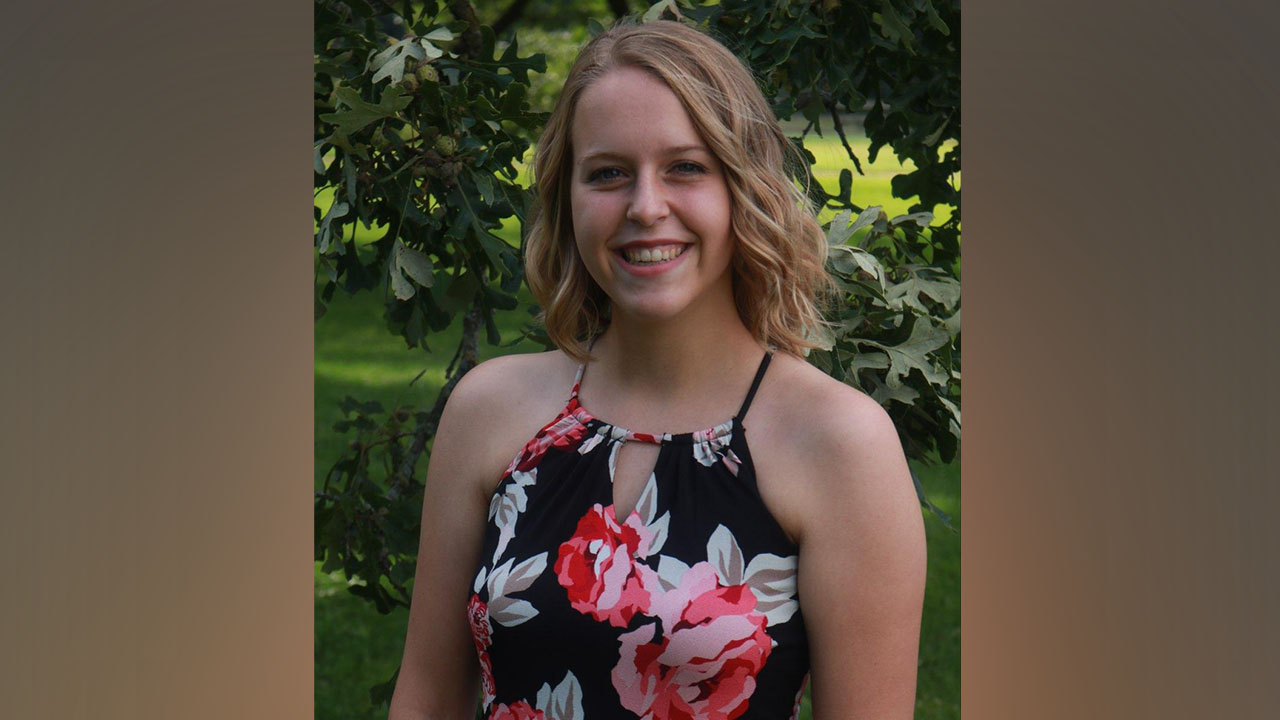
Justine Horst, a senior electrical engineering major from Hartford, Wisconsin, recently had a paper published for the Institute of Electrical and Electronic Engineers (IEEE) Integrated STEM Education Conference. Horst’s paper, “STEM Code Using Drones,” is based off of her undergraduate research and describes a methodology of STEM education that would utilize programmable drones. Horst’s research shows that by integrating a programmable real-world element into the curriculum, this method can intersect the line between visual and gamified learning and increase engagement with the student body.
How was your experience conducting the research for this paper?
This was a very new experience for me, and I wasn't sure what to expect going into it. However, it has been so beneficial for me. It was both challenging and fun at times. A lot of the research I did was not done before or not well recorded, so it was often difficult to find answers when I got stuck, but in that, I gained a lot of valuable problem-solving skills. I explored a lot of new software that I wasn't familiar with and increased my programming knowledge. Overall, I really enjoyed working on this paper and definitely recommend undergraduate research for those considering it.
Now that it's published, how do you feel this project will benefit you in the long term?
This paper has introduced me to new topics and software that I might not have learned had I not done this research. It has also introduced me to topics that will be taught later on in my schooling, which gives me a leg up on the material. It has given me real-life problem-solving skills that I will need in the workforce and has given me experience in my field of study.
What made you interested in the field of engineering?
My dad is a mechanical/manufacturing engineer, and I have always looked up to him. I loved working on household projects with him on the weekends when I was young, so he encouraged me to try some STEM classes in high school. After taking a few classes, I fell in love. I was particularly fond of my electronics class and that is what made me pick electrical engineering. Since then, the classes I have taken have only further solidified my decision to go with electrical engineering.
What do you feel are some of your greatest achievements from your time at UW-Platteville?
Other than my undergraduate research and the achievements made there, I take great pride in how well I've done overall in classes and the number of connections I've made by networking.
Have you decided what you’ll be doing post-graduation?
Post-graduation, I will be joining the workforce. This summer I have the opportunity of doing an internship with Milwaukee Tool, so my hope is to get a job there when I graduate. If not, I hope to get a job specifically in computer engineering in the Milwaukee or Fond du Lac area.
What advice would you give to an engineering student looking to pursue research opportunities at UW-Platteville?
Do it! It gives you so much great experience and looks amazing on a resume. When I was looking for research, I looked at professors whose classes I enjoyed and asked them if they had any undergraduate research opportunities. If they didn't, I asked if they knew someone in the same realm who did.
For more information about undergraduate research projects in the UW-Platteville College of Engineering, Mathematics and Science, visit www.uwplatt.edu/college/engineering-mathematics-science/undergraduate-research.